
Warwick Powell, Adjunct Professor at Queensland University of Technology, Senior Fellow at Beijing Taihe Institute
Jun 30, 2025
The genius of China’s approach is that it never triggers a full-scale crisis. It ensures that American companies and politicians exist in a state of perpetual anxiety. Inventories shrink to manage costs and procurement becomes a game of roulette. Meanwhile, Beijing can modulate the pressure.
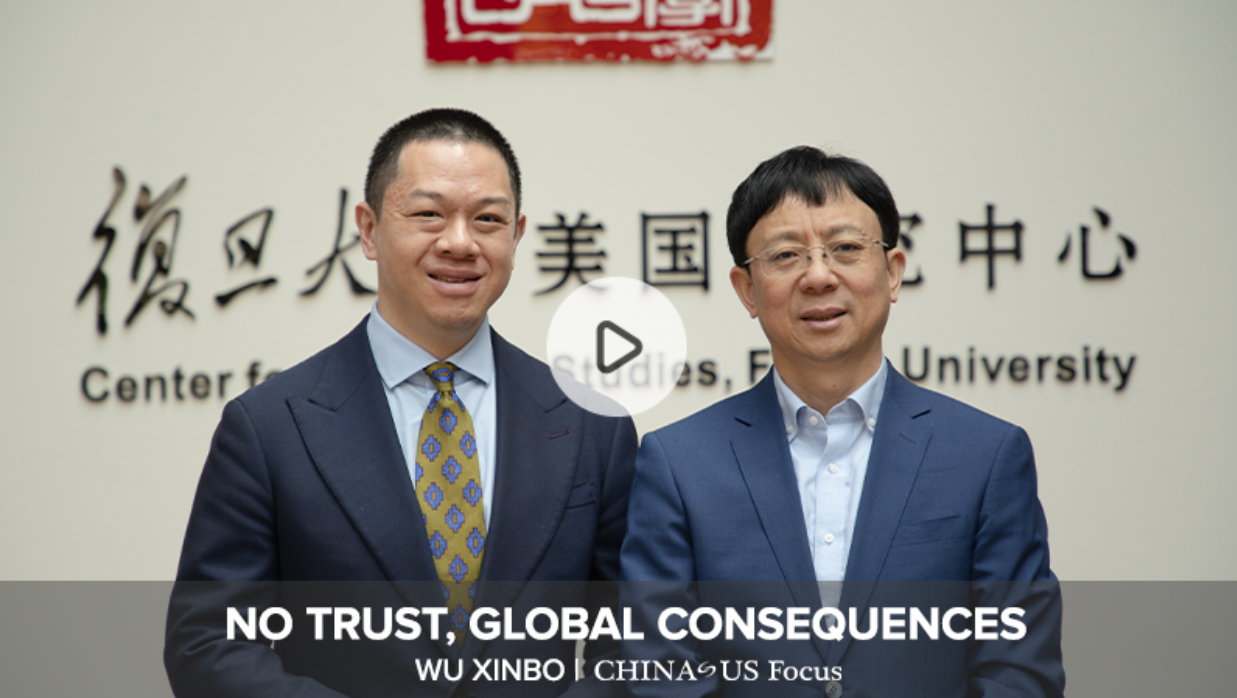
Jun 30, 2025
In this interview, Fudan University’s Professor Wu Xinbo warns that U.S.-China relations have worsened across political, economic, and security fronts since 2019, emphasizing that mutual trust is now near zero and urging a mindset shift toward cooperation in an increasingly interconnected world.
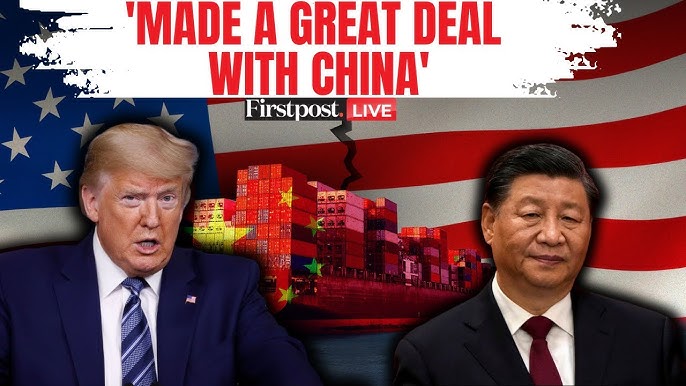
Zhang Monan, Deputy Director of Institute of American and European Studies, CCIEE
Jun 27, 2025
Court rulings could weaken the U.S. administration’s tough stance in trade talks and give trading partners more room to maneuver. But policy uncertainty means that high-stakes trade negotiations could go either way.
Stephen Roach, Senior Fellow, Yale University
Jun 04, 2025
There is an inherent flaw in US President Donald Trump’s trade policy. While it is all but impossible to know where Trump will settle on most issues – from taxes to immigration – two key objectives of his trade strategy are now coming into focus: setting a global minimum tariff, and imposing a special penalty on China. The flaw lies in the combination.
Wang Yuzhu, Research Fellow, Institute for World Economy Studies, SIIS
Jun 02, 2025
America’s reindustrialization process relies heavily on China’s industrial system support. In an increasingly competitive global market, China’s full-fledged industrial system emerges as the most cost-effective and competitive option.
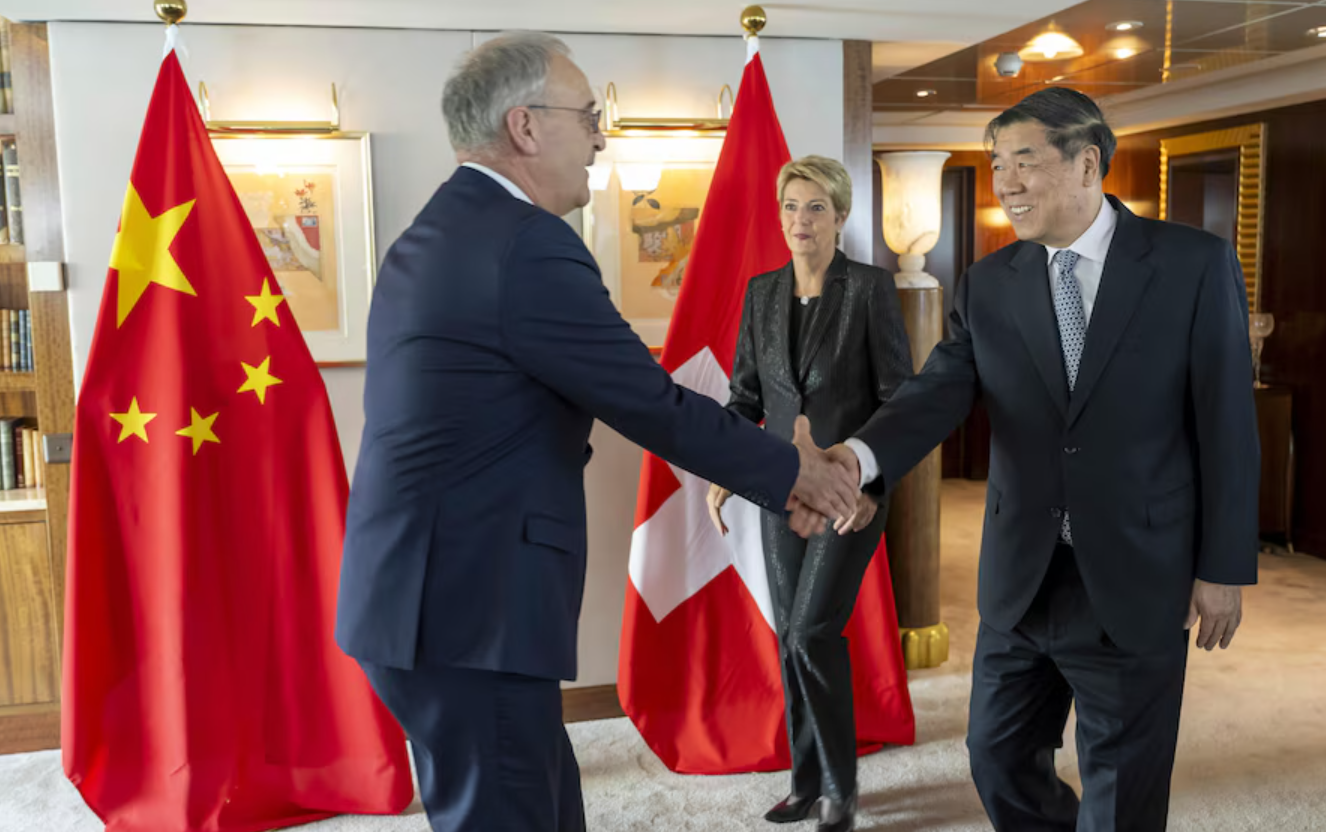
Dan Steinbock, Founder, Difference Group
May 14, 2025
Despite de-escalation in Geneva, trillions of dollars may have been lost in the unwarranted trade wars.
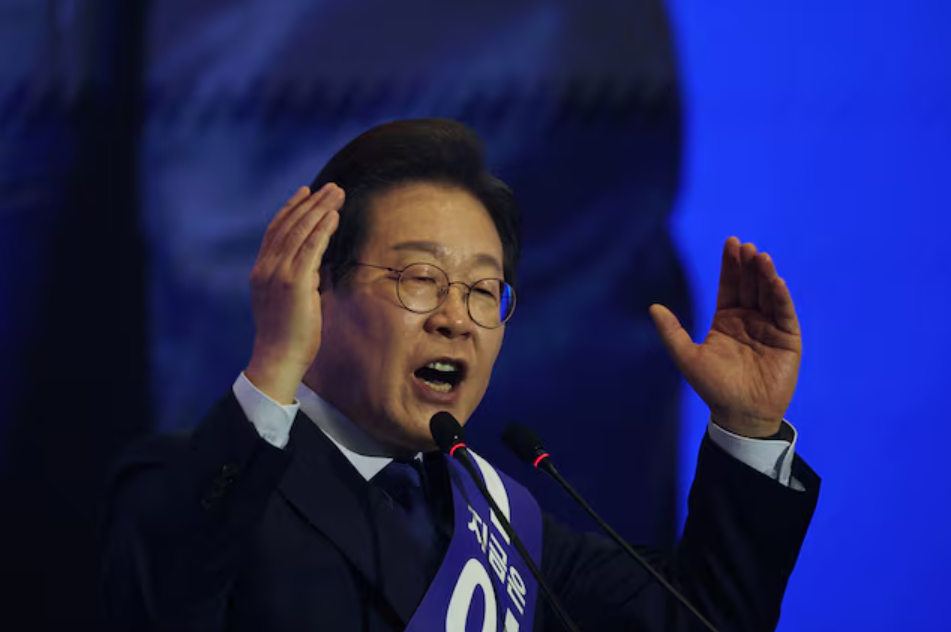
Brian Wong, Assistant Professor in Philosophy and Fellow at Centre on Contemporary China and the World, HKU and Rhodes Scholar
May 14, 2025
Following months of political turmoil, South Korea's upcoming presidential election could lead to a shift in the country's approach to the U.S.-China rivalry, with candidates' stances influencing South Korea's policies on defense, trade, and diplomatic relations with both powers. While Lee Jae-myung may seek closer ties with China, potentially boosting trade and cultural exchanges, his rival is expected to strengthen South Korea's alignment with the U.S., especially on security and technology-related matters.
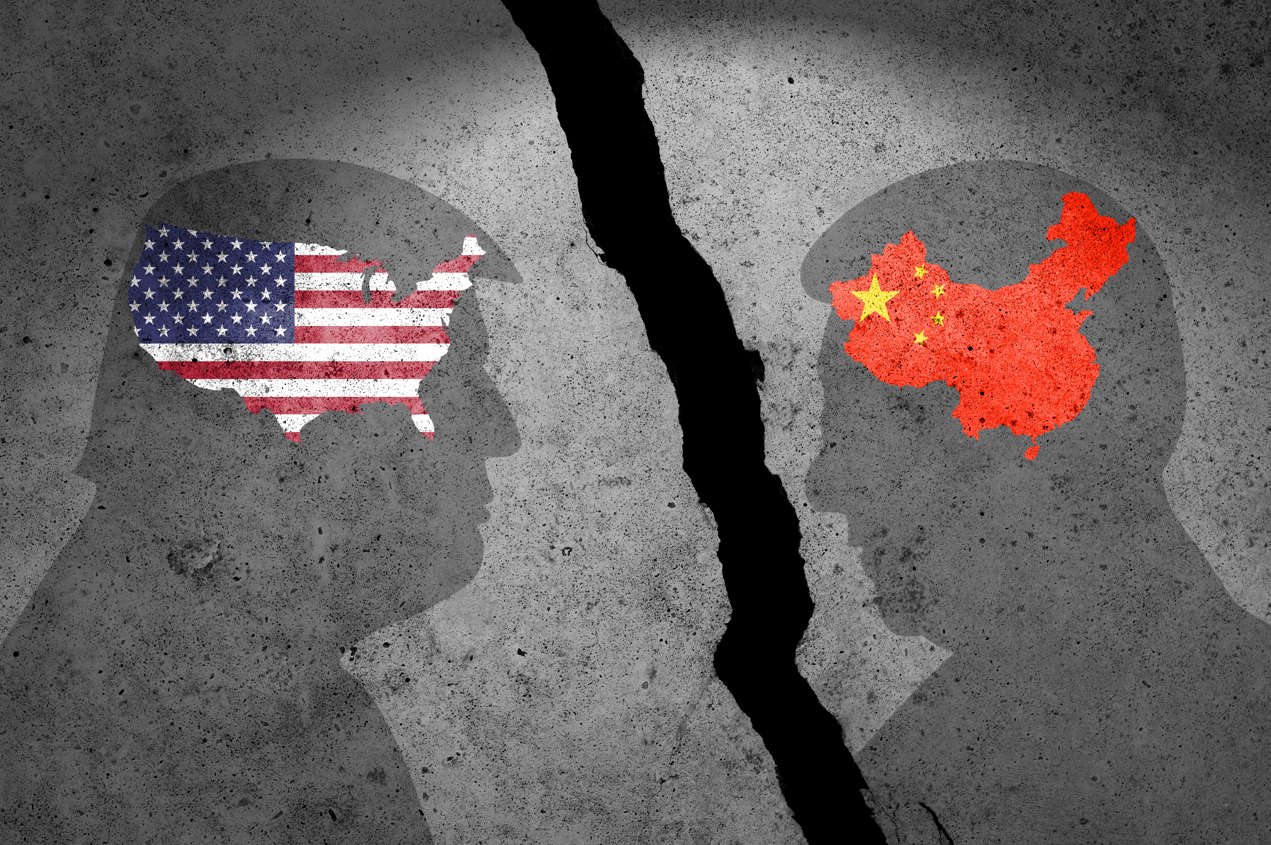
Zhou Xiaoming, Former Deputy Permanent Representative of China’s Mission to the UN Office in Geneva
May 06, 2025
A trade deal between China and the United States is nowhere in sight. The mountain of issues could take a long time and enormous effort to resolve. It’s certainly not going to happen in three or four weeks, as Trump has suggested. More likely, it will be months, if not years.
Xu Qiyuan, Senior Fellow and Deputy Director of the Institute of World Economics and Politics, Chinese Academy of Social Sciences
May 02, 2025
History may rhyme, but the economic drama now unfolding in the United States defies historical reason. When the US Federal Reserve’s technocrats collide with an inexperienced and capricious presidential administration, conventional macroeconomic tools quickly become impotent.
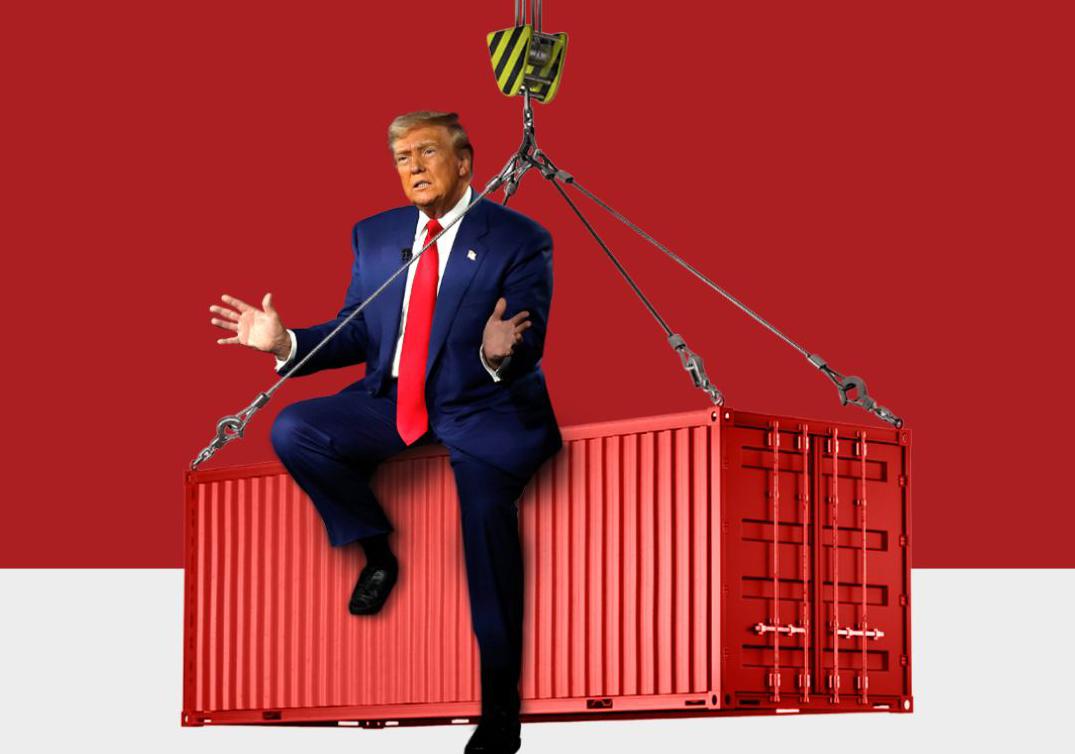
Zhang Monan, Deputy Director of Institute of American and European Studies, CCIEE
May 02, 2025
Donald Trump’s “reciprocal tariff” policy is intended to push back against globalization, but its inherent structural problems will only accelerate the trend of “de-Americanization” worldwide.